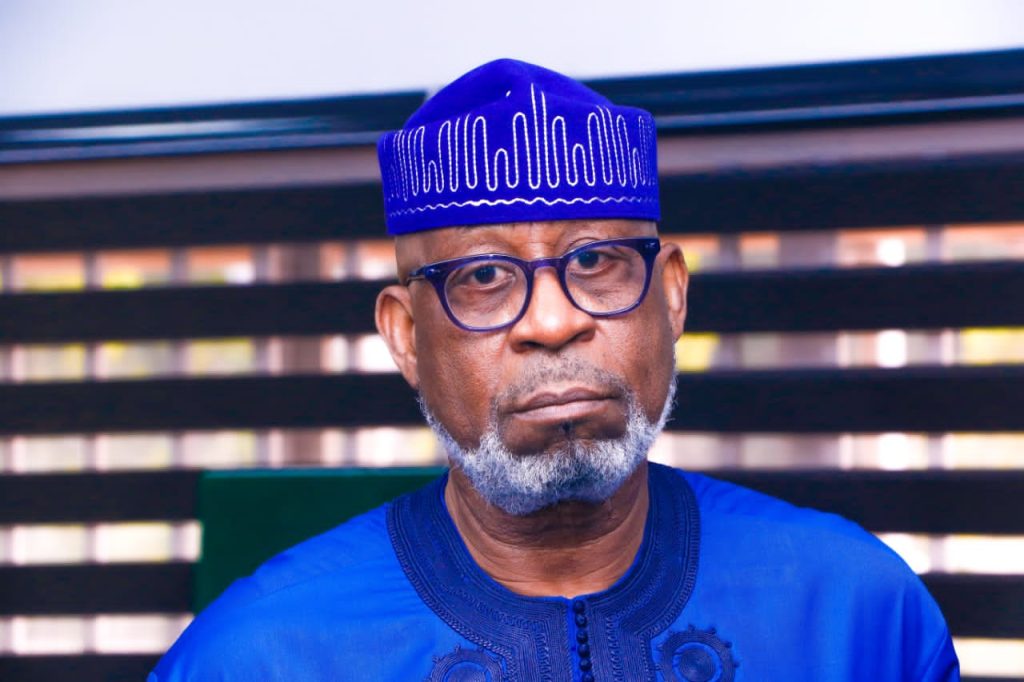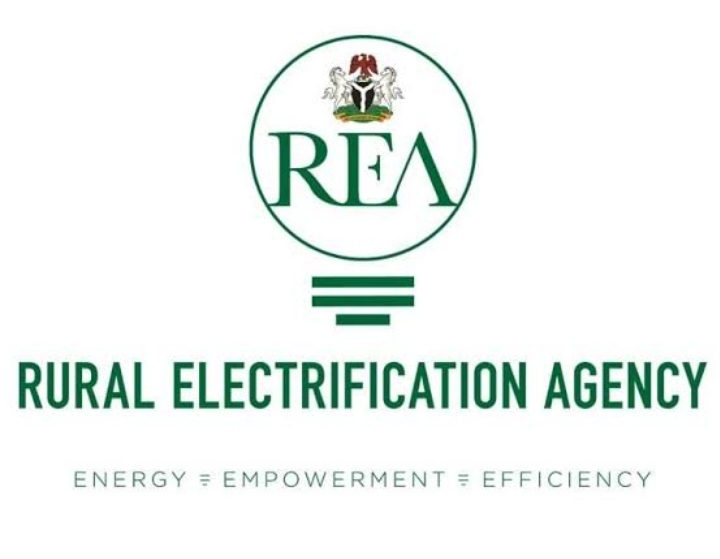The dateline was 1986. The chance encounter was at the General Post Office, Umuahia. The Post Office was at a strategic roundabout in the serene town which was still years from being named a state capital. At that roundabout is also the Clock Tower, and it is also the beginning of two of the most prominent streets in Umuahia – Aba Road and Bende Road. From the same point, it is easy to connect the place simply called Gate – Gate is literally the road transport hub of Umuahia, as well as the Umuahia Railway Station. The Post Office was a very popular landmark in the town.
On the Aba Road side of Umuahia, just meters away from the Post Office, was our former husband, NITEL. NITEL (Nigeria Telecommunications Service) was the one and only provider of now common, all-important telephony service. NITEL was typical Nigerian public service: inefficiency laced with both dreadful pride and bitter arrogance. Today, that mammoth husband of ours has gone extinct and has dissolved into a distant memory through Nigeria’s popular infrastructural decadence.
The Post Office was facing the Clock Tower, and the main gate of the Railway Station. They were brimming with life and surely added to the thriving Umuahia. However, today while the Nigerian Railway Corporation (that’s the original NRC) is currently living in spasms, the clock on the popular tower has long died just like the Post Office. The NRC, with infrastructure nearly everywhere in the country, was indeed a behemoth and was bigger than NITEL. But NITEL was elitist and carried itself with that conceit of the favourite slave. Today, NITEL and Nigerian Post and Telecommunications (NIPOST) are also just relics – even in their once mighty names.
Those of us who knew Umuahia of the 1980s will recall that the Post Office was a melting pot of some form of bookish activities. Then, there were also traders, especially newspaper vendors. The Umuahia Post Office was a haven of newspapers, with the usually colourful and inviting array of the merchandise luring you. Then, it was a thing of pride to read and be informed. It still is and information is still power.
That afternoon in 1986, I had gone from school to the Post Office for my usual glimpse of the numerous newspapers, and to possibly buy one if my hunger or cravings allowed me to overlook the fine-looking pastries. A cold drink was usually justified, because it was not easy walking in the hot sun from Holy Ghost Secondary Technical School to the Post Office. The long walk was to preserve my money from transportation so I could spend it on either a newspaper or food.
After settling into the mood to read with other free readers, I saw among the array of newspapers on display at another vendor’s stand, one I thought was a different addition. It was not The Statesman. That had a lengthy red mast. I think it was ‘across 5’… It was not The Nigerian Tide. The Tide had a blue mast, which was short and had a wave effect. It wasn’t The Nigerian Chronicles either nor was it The Nigerian Observer. This new sighting has a masthead that looked more colourful. I moved over and of course, it was not that the Daily Times had changed its masthead. The Times actually didn’t surprise anymore because we saw it nearly every day and almost everywhere if you ever bought from hawkers of some snacks or sundry people.
It was the Nigerian Tribune. I was seeing it for the first time. To put it perhaps more properly, let me admit that on that eventful day, I was seeing the Nigerian Tribune for the first cognitive time. I might have eaten Iya Martina’s groundnut from it in Samonda, Ibadan without any knowledge of what paper it was. I might also have eaten gúgúrú (popcorn) or my all-time favourite, puff-puff, from it.
But at the Post Office in Umuahia, and as a Form Four student of Holy Ghost Umuahia, I had in my hands a ‘new’ newspaper that called my attention and didn’t just get it, it arrested all my being. After leafing through, I decided to buy. Then, it occurred to me to take a look at the imprint – that strip at the bottom back page of a newspaper which carries information about the publication, its publisher and its editors. Then the Nigerian Tribune blew my mind when I saw that it was published and printed in Ibadan. It was a thrill
I had come from Ibadan to school in Umuahia, a town which had witnessed transformation under the then Imo State governor, Chief Sam Mbakwe. My father, my mother, my brothers and sisters were all in Ibadan. And here is a national daily from Ibadan where my treasures were! It instantly became my favourite. This would also keep me informed about Ibadan, a city I love so much, better than the others, I had thought aloud. It was not deleterious, because buying of newspapers was already causing flak at home. I took the paper home anyway and told my elder sister my discovery. It was my Eureka! moment in my inexplicable love for reading newspapers back then.
I didn’t think about any significance of this decision but the paper became my choice anytime I had money to buy. But one also needed to read about Falcons of Aba and the Spartans of Owerri. One also needed news about Rangers International of Enugu. That period, General Ibrahim Babangida was just about one year in office and had not fully unfurled. Nigerians were however relieved in the meanwhile while also watching with anxiety having just been delivered from the iron-fist dictatorship of Muhammadu Buhari. Diego Maradona was also ruling the world of soccer while my daddy’s ‘Oga’, Professor Ayo Banjo was the Vice Chancellor of the University of Ibadan.
I also read about Second-Tier Foreign Exchange Market (SFEM) of that Babangida era. In that era too, a new word: “conditionalities” attached to the IMF loan became commonplace in Nigeria. Till today, the economic jargon still doesn’t make sense but the Editor-in-Chief of the newspaper then, Mr. Felix Adenaike, and the Editor, Mr. Banji Kuroloja, would know better.
Thirteen years after, I sought my way to the Head Office of the Nigerian Tribune at Imalefalafia Street in Oke Ado, Ibadan to seek employment as a reporter. 24 years after that, here we are…
Last week, the Nigerian Tribune clocked 75 years. This is many landmarks more than what any other private newspaper in Nigeria had achieved. Many of them would pray to have this lasting power. While at it, the torchbearer is still forging ahead, leading the charge and showing the way. Yes, it might currently be sounding or looking like a trudge, but all discerning Nigerians know how well businesses in the country are faring today. Regardless of the tough conditions, the Nigerian Tribune is still about the only one courageous enough to speak up in the midst of all the woes – socio-economic and political in the country. “We must defend the truth at all costs even if we are reduced to just 12 again” charges Pope St. John Paul II. The Nigerian Tribune is living this charge.
Nigerian Tribune is in it still, 75 years on. The original principles are still guiding the paper. And, like D.H. Lawrence noted, “ethics and equity and the principles of justice do not change with the calendar.” That’s the Nigerian Tribune.
READ ALSO: More encomiums for Tribune @75

 3 hours ago
3
3 hours ago
3













